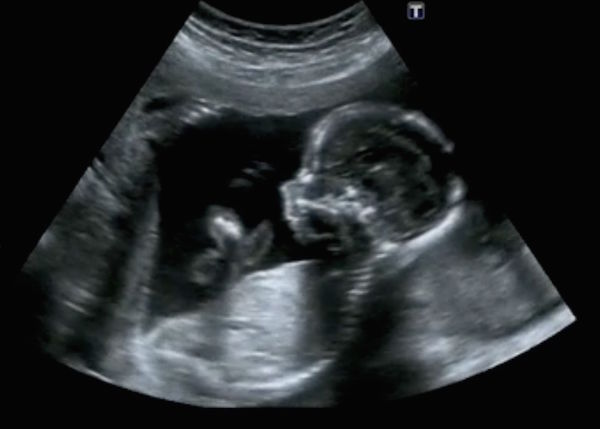
MONDAY, March 26 (HealthDay News) — Very few young women with cancer take measures to preserve their fertility while undergoing cancer treatment, a new study says.
The findings suggest that reproductive-age women with cancer need more information about fertility preservation methods such as egg or embryo freezing, said Dr. Mitchell Rosen, of the University of California, San Francisco, and colleagues.
The researchers surveyed 1,041 women aged 18 to 40 who were diagnosed with cancer between 1993 and 2007. Of those women, 918 received cancer therapies (chemotherapy, pelvic radiation, pelvic surgery, or bone marrow transplant) that could harm their fertility.
Sixty-one percent of the women received counseling from their doctors or other health care providers on the risks that cancer treatment posed to their fertility, but only 4 percent of the women actually took steps to preserve their fertility.
The proportion of patients who took measures to preserve their fertility, however, increased from 1 percent in 1993 to between 6 percent and 10 percent in 2005 to 2007, according to the study, which was published online March 26 in the journal Cancer.
The researchers also found that women who were childless, younger, white, heterosexual and college graduates were more likely than women of other backgrounds both to be counseled about the fertility-related risks of cancer treatment and to preserve their fertility before undergoing cancer treatment.
“Although more women are getting counseled regarding reproductive health risks, many women are still not receiving adequate information about their options at the time of cancer diagnosis,” Rosen said in a journal news release. “Routine counseling regarding reproductive health risk and options for preserving reproductive potential will improve the quality of life among survivors, and the overall quality of care.”
In the United States, more than 120,000 women under age 50 are diagnosed with cancer each year.
According to the American Cancer Society, steps to preserve fertility usually have to be taken before or during cancer treatment, meaning young women with cancer need to make decisions quickly.
Freezing embryos is the most common, well-established option for women. But there are other methods, including freezing eggs or portions of ovarian tissue and choosing specific strategies for combating the cancer that spare the ovaries.
More information
The American Cancer Society has more about fertility and cancer.

